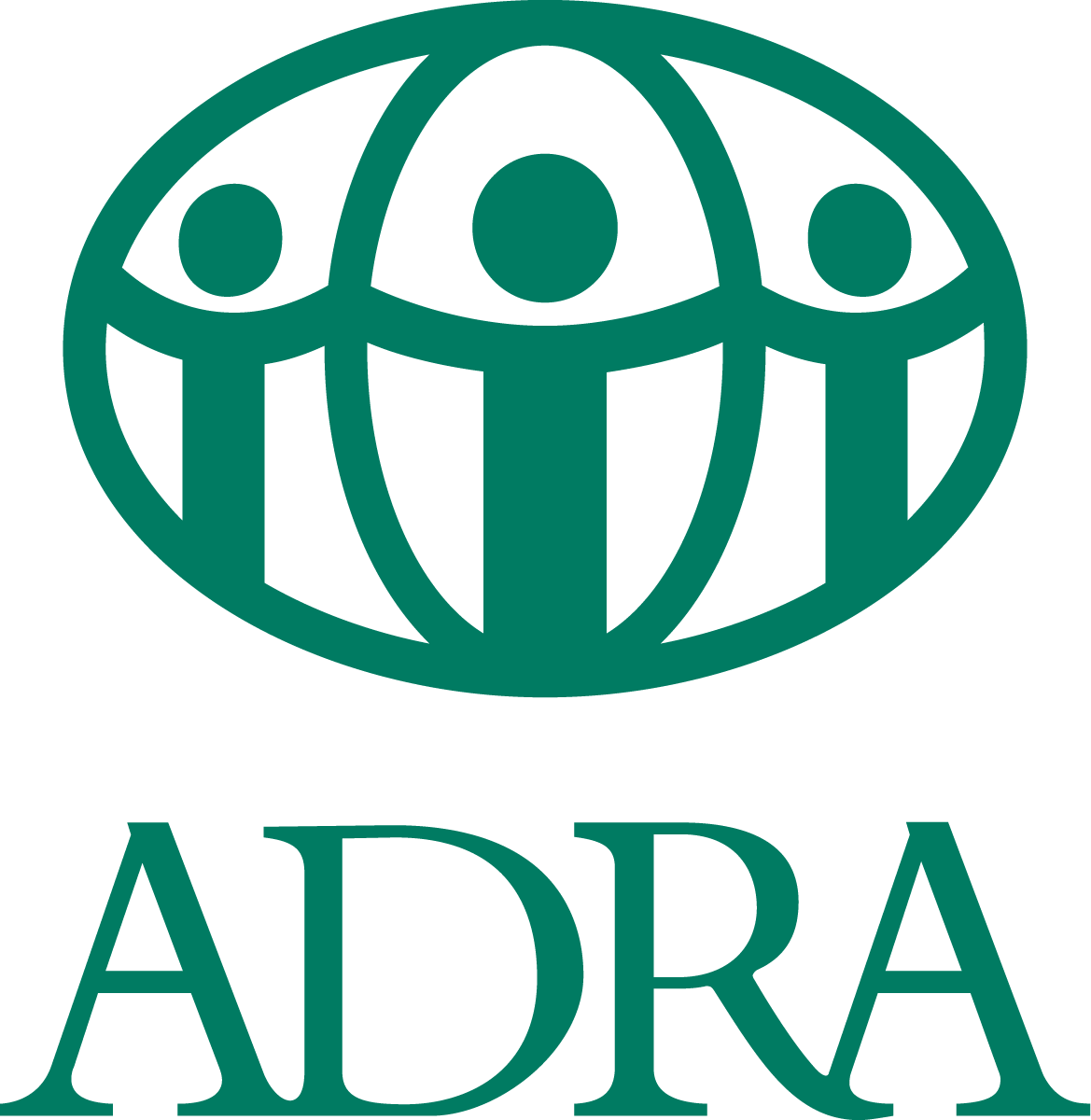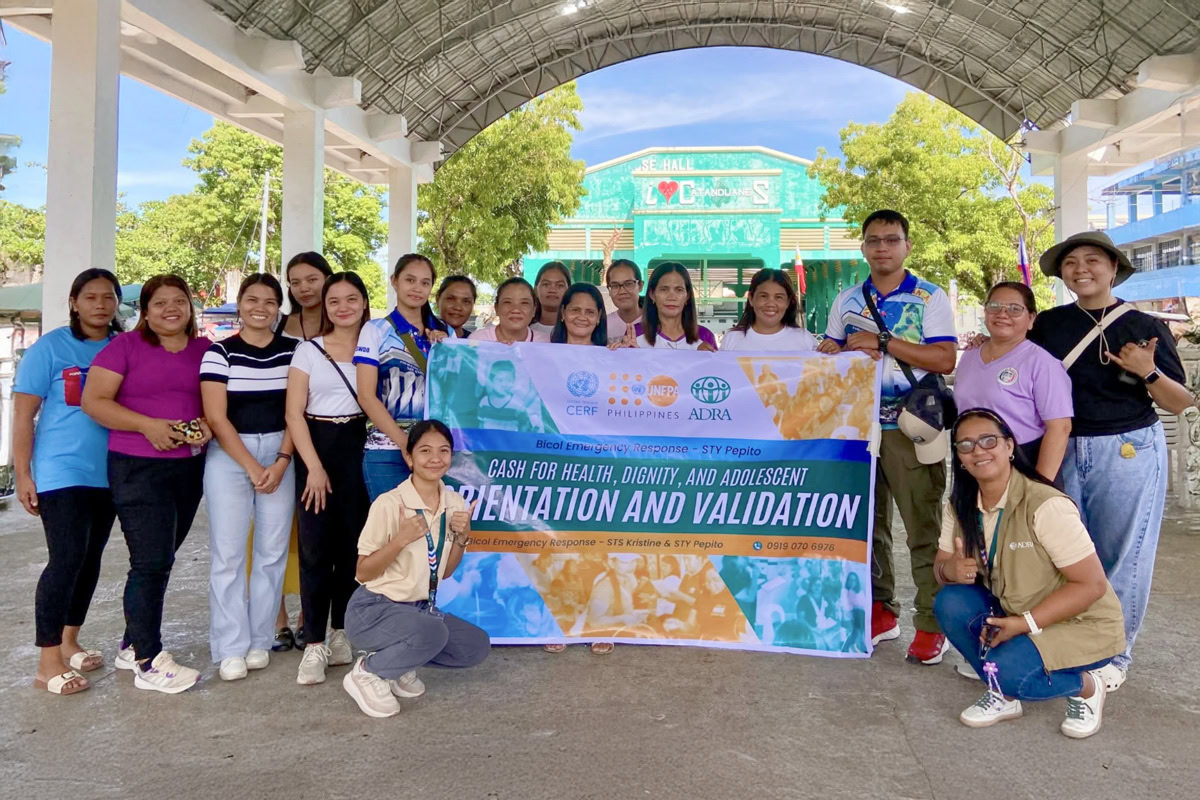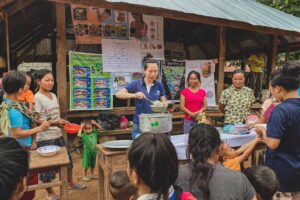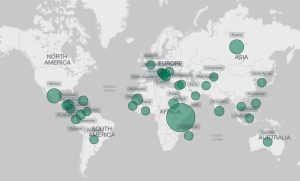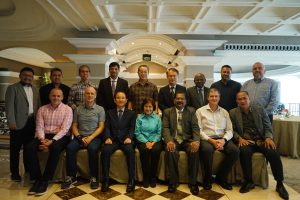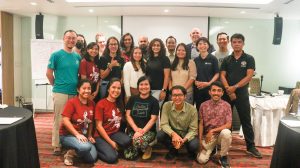From May to July 2025, a series of initiatives were rolled out to ensure the availability and quality of SRHR services for affected populations. Central to this was the renovation of four key maternal health facilities, Juan M. Alberto Memorial District Hospital, Gigmoto District Hospital, Pandan District Hospital, and Viga District Hospital—enhancing their capacity to deliver essential maternal and newborn care.
Meanwhile, SRH and GBV coordination meetings were conducted across all 11 municipalities to set direction, strengthen referral mechanisms, and establish dedicated SRH Task Teams and GBV Sub-Clusters at the local level. Upcoming activities such as Minimum Initial Service Package (MISP) training and DROMIC orientation were also introduced to stakeholders to boost health emergency preparedness.
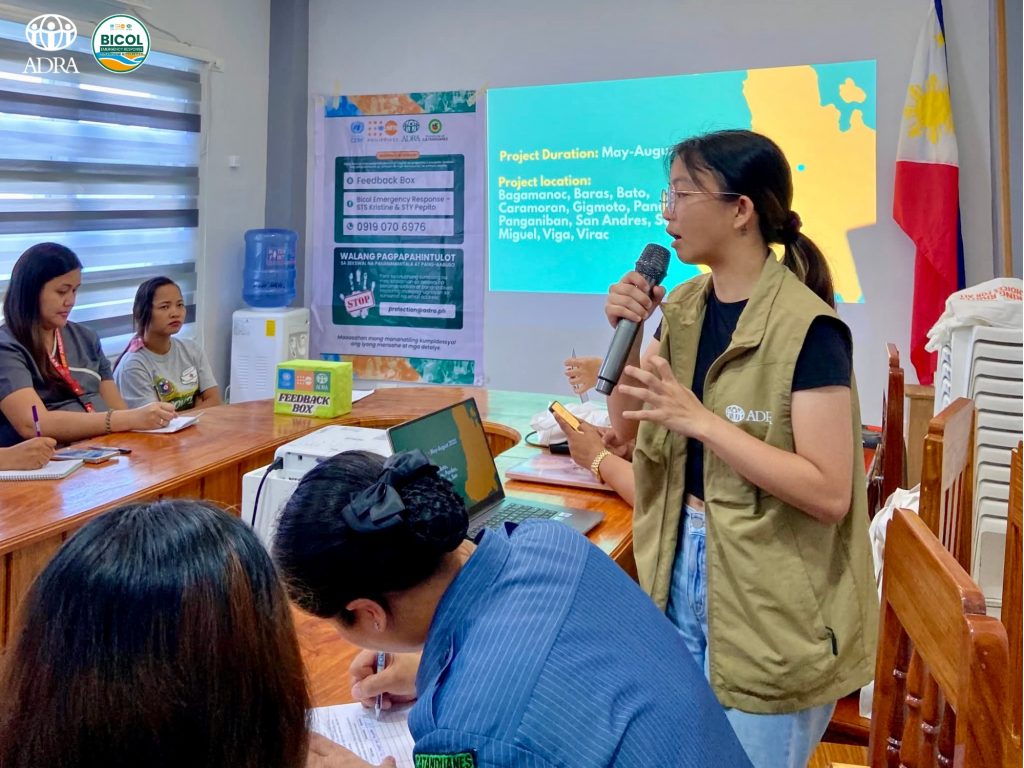
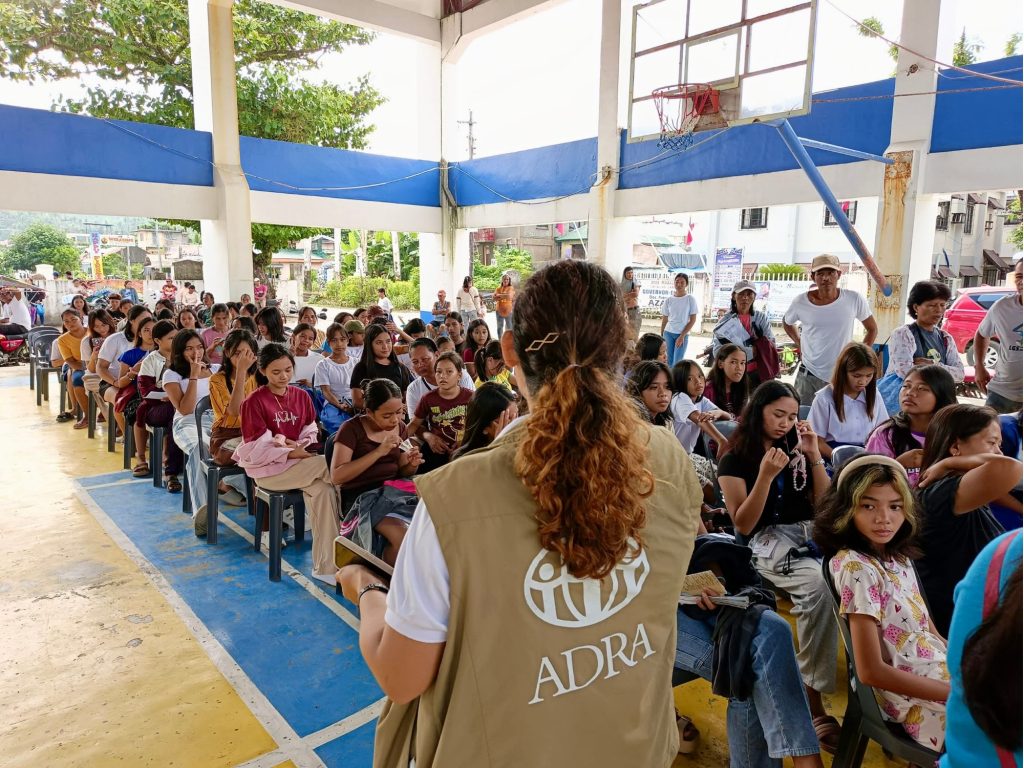
Cash Assistance: Health, Dignity, and Empowerment
In an innovative approach to humanitarian relief, the project launched a cash assistance program tailored to the unique needs of women and girls:
- Cash for Health reached 820 pregnant women—particularly those considered high-risk or from vulnerable sectors such as 4Ps members, persons with disabilities (PWDs), GBV survivors, and geographically isolated areas (GIDA).
- Cash for Dignity supported 3,150 women of reproductive age (20–49 years old), enabling them to access hygiene products and other personal needs during displacement.
- Cash for Adolescents provided assistance to 3,224 girls aged 10–19, addressing age-specific health and protection concerns amid crisis conditions.
Each distribution was preceded by thorough validation activities to ensure fairness, transparency, and accurate targeting.
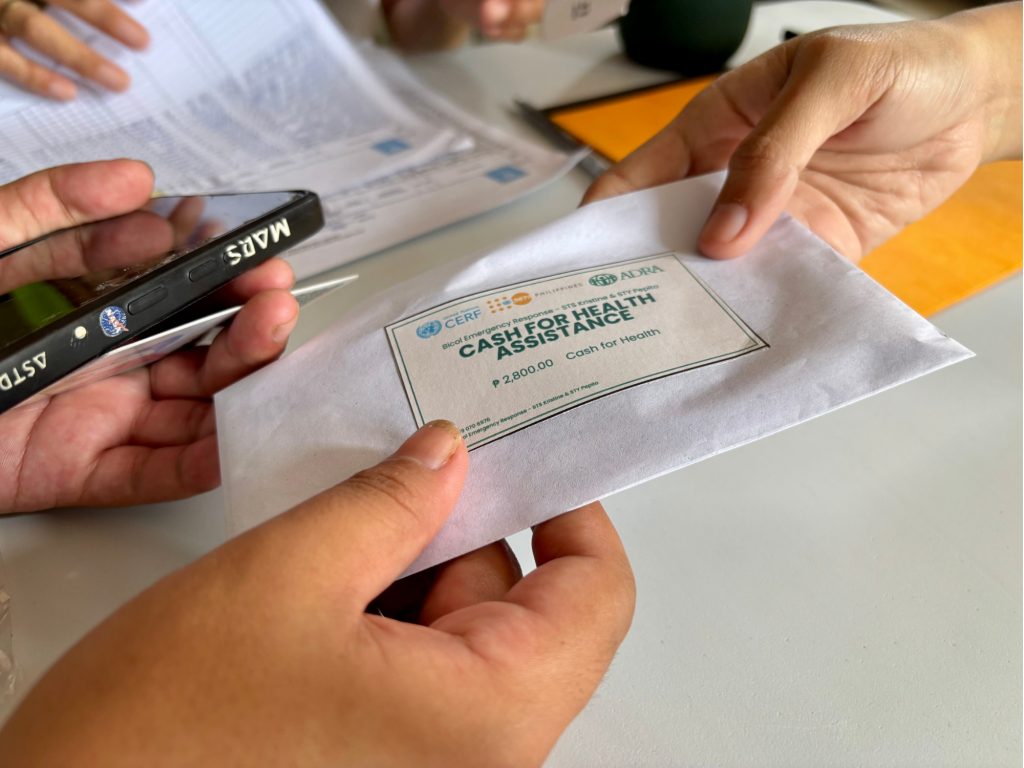
Mental Health, Psychosocial Support, and GBV Prevention
The initiative also placed a strong emphasis on mental health and protection. Orientation and training for GBV service providers were conducted, with a focus on identifying and refining municipality-specific referral pathways. Aimed at strengthening frontline response, these sessions helped customize protection mechanisms that are both survivor-centered and community-led.
In addition, Women-Friendly Spaces (WFS) in Gigmoto, Pandan, Caramoran, and Virac were supported with follow-through activities to serve as safe, accessible areas for women and girls needing information, support, or temporary refuge.
Reaching the Grassroots: Community Engagement
An ambitious community engagement campaign targeting 30,000 residents is ongoing, bringing awareness about SRHR, GBV, and mental health and psychosocial support (MHPSS). These sessions serve not only to inform but also to empower communities to speak up, seek help, and take charge of their well-being.
Complementing these efforts is a skills training program for women’s group KALIPI, delivered in partnership with TESDA, which provides women with livelihood and capacity-building opportunities, reinforcing resilience beyond relief.
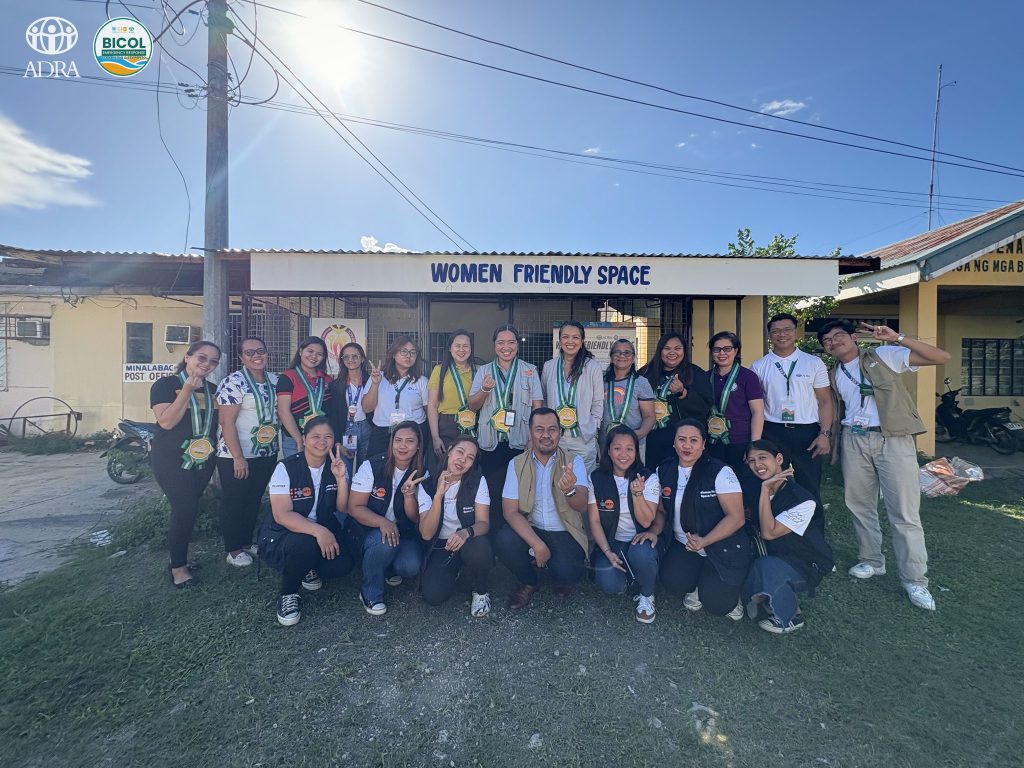
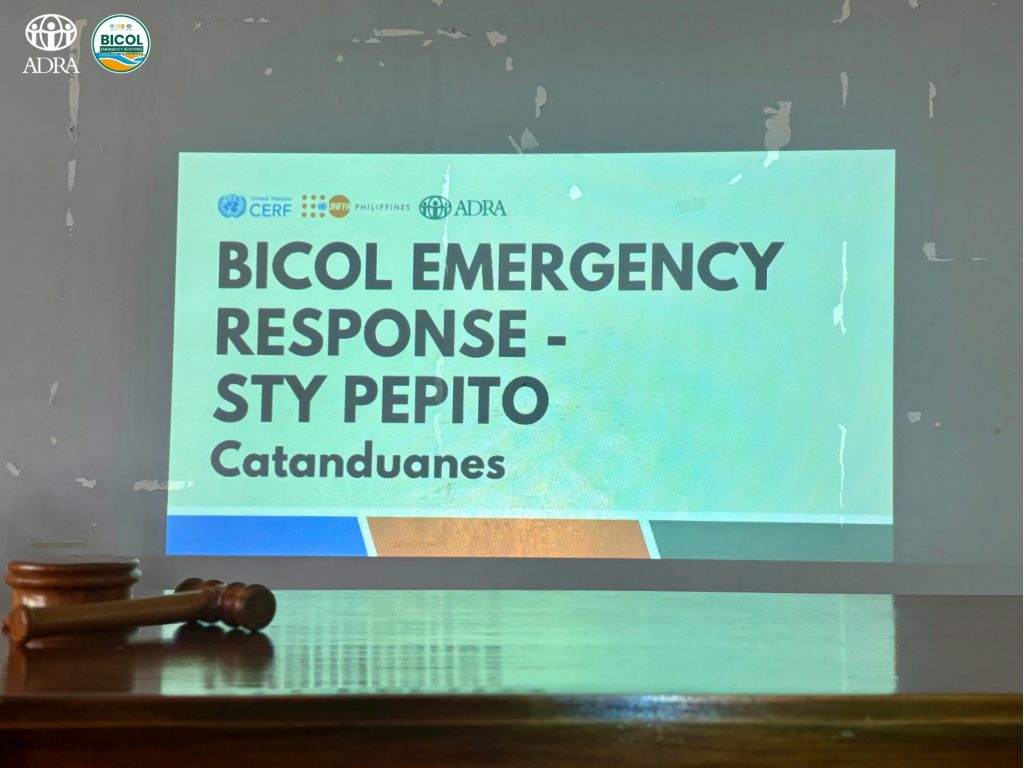
Looking Forward
As the Bicol region continues to weather the consequences of climate-driven disasters, the joint efforts of ADRA Philippines and UNFPA in Catanduanes provide a model for humanitarian response rooted in rights, respect, and resilience. Through integrated services, cash support, and deep community involvement, the project not only meets urgent needs—it restores dignity and hope where it’s needed most.
